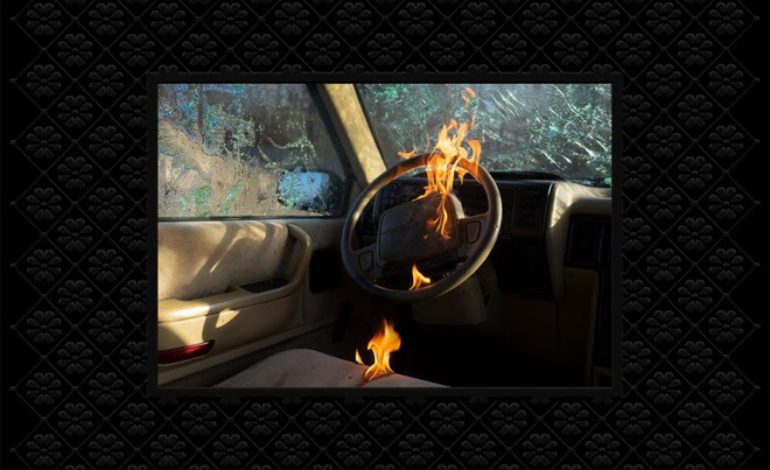

Long-awaited and eclectic solo release
30 years since the start of his career, Greg Dulli is slated to release his first solo album, Random Desire. Within that time, the former frontman of The Afghan Whigs not only honed his musical abilities but carefully considered what he wanted to say with his first release solely under his name. That much at least is evident through the haunting and honest 10-track joyride that is Random Desire.
Throughout the record, Dulli makes one consistent claim through both his lyricism and execution. He is unafraid: unafraid of finally standing on his own and unafraid to take chances. If anything, Random Desire is the result of Dulli’s lifelong love for music and the journey it’s taken him on.
From the clear chugging bassline of opening track “Pantomma” to the misplaced gang vocals, it is clear Random Desire will not be a safe or predictable record. Playing most of the instruments on the album himself, Dulli easily proves his superiority when it comes to musicality and song structure. Utilizing everything from xylophones to harps, the one thing Random Desire is not lacking in variety.
Dulli is careful and precise in his instrumental execution. Each track is tonally different from the one before it, keeping the listener engaged for the entire 37-minute run time. The transitions are strategically placed, especially the waves that literally flow from the end of “Marry Me” into “The Tide.” The amount of thought and effort put into every aspect of this record is not lost.
One of the album’s standout tracks, “Scorpio,” is excellent evidence of Dulli’s otherworldly understanding of music. Seemingly on another level, he plays with rhythm in such an intriguing way, letting the vocals bounce above the otherwise dreary piano melody. Take into account the mumbling spoken section that replaces a traditional chorus and without a doubt, Dulli demonstrates exactly why it took 30 years to make this record.
To name every instrument Dulli includes on Random Desire would probably be impossible, thanks to the sheer number and the number of layers on each song. It is impressive, however. By utilizing everything from the sweet string solo in “A Ghost” to the dynamic horn section of “Lockless,” Dulli stretches musical muscles that haven’t been seen by someone in the genre, let alone artists in general, in quite some time.
As remarkable as Dulli’s understanding of instrumentals is, he is just as knowledgeable and precise about his vocal work on Random Desire. Rather than keeping the vocals stagnant and predictable from track to track, Dulli switches tone and delivery to reflect the lyrics and overall message of each individual song.
For example, in “Pantomma,” Dulli’s voice comes through muddled, almost as if there was a filter over it, and nearly gets lost in the active instrumentation of the track. Contrast this with the pure desperation and clarity of tone in what may easily be considered the climax of the record, “Lockless,” as he cries out: “I’m a lonely writer/ moth to flame/ random desire knows my name.” For every ounce of consideration for the instrumentation, Dulli puts just as much thought into his vocal delivery, adding to the strength of the album.
With an already complete career behind him, Dulli was seemingly limitless in his creation of Random Desire. After being freed from the constraints that come with being the frontman of any successful project, releasing a solo album finally put Dulli front and center in an entirely new way. With really only himself to answer to, there was no way of knowing what his first solo release would sound like.
To put it simply, it sounds personal. More of a testament to everything he’s learned throughout his career instead of an ode to it, Random Desire feels like Dulli taking a stand and exposing himself in a raw and heavy manner. This long-awaited release took 30 years to make and thankfully so because that time molded Dulli into the musician capable of and ready to make something as bold and risky as Random Desire.
